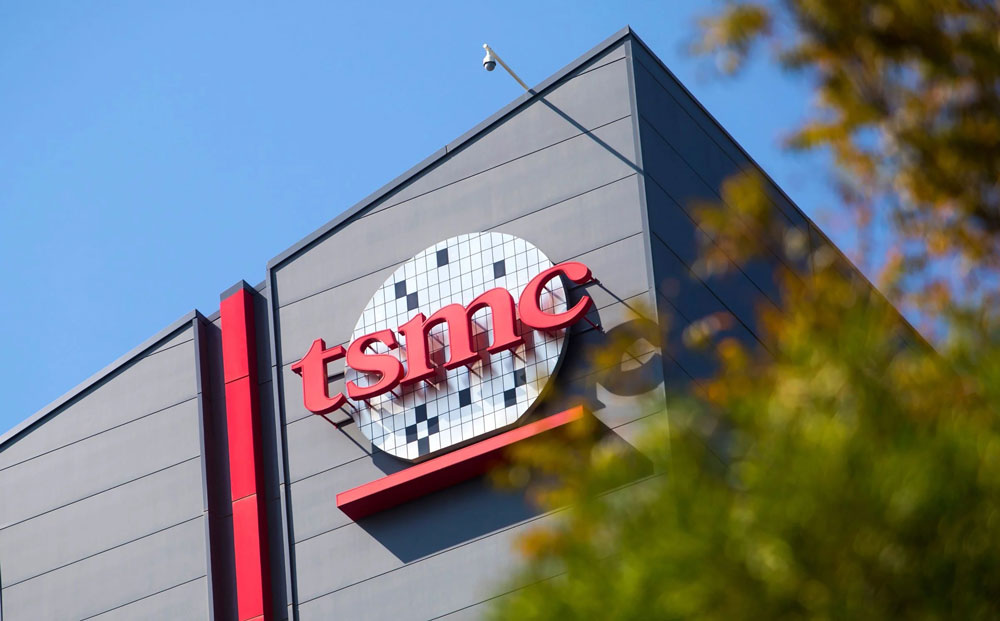Taiwan Semiconductor Manufacturing Company (TSMC), the world’s largest contract chipmaker, has reported impressive first-quarter results for 2025, signaling resilience in the face of geopolitical and trade policy pressures. Despite mounting challenges from U.S. trade tariffs and export controls, the company maintained its annual revenue growth forecast of mid-20%, underscoring its pivotal role in the global semiconductor industry.
First-Quarter Performance Exceeds Expectations
TSMC’s net income surged 60.3% year-over-year to NT$361.56 billion ($11.8 billion), while revenue climbed 41.6% to NT$839.25 billion ($27.3 billion). These results exceeded analyst expectations, with revenue marginally surpassing the NT$835.13 billion forecasted by LSEG consensus estimates. The company attributed this growth primarily to robust demand for artificial intelligence (AI) chips and advanced semiconductor technologies.
The high-performance computing (HPC) division, which includes AI and 5G applications, was a standout performer, driving 59% of total revenue. The division grew 7% quarter-over-quarter, highlighting the continued expansion of AI applications in industries ranging from cloud computing to autonomous vehicles. TSMC’s advanced technologies, defined as 7-nanometer and below, also played a critical role, accounting for 73% of total wafer revenue.
Geopolitical and Trade Headwinds
Despite its strong financial performance, TSMC faces significant headwinds stemming from U.S. President Donald Trump’s trade policies. The Trump administration has imposed broad trade tariffs on Taiwan, including a 10% levy that could rise to 32% after the current 90-day pause ends. Additionally, stricter export controls targeting TSMC clients, such as Nvidia and AMD, present further challenges.
These restrictions, including potential expansion under the upcoming “AI diffusion rules” proposed by the Biden administration, aim to limit the global export of cutting-edge semiconductor technologies. Such measures could impact TSMC’s clients, potentially slowing orders for advanced chips.
TSMC CEO C.C. Wei acknowledged the uncertainties surrounding these policies during an earnings call, stating, “We understand there are uncertainties and risks from the potential impact of tariff policies.” However, Wei emphasized that the company has not observed any significant changes in customer behavior.
Strategic Investments and Diversification
In response to geopolitical pressures, TSMC has accelerated efforts to diversify its supply chain and reduce reliance on Taiwan-based facilities. The company announced plans to invest an additional $100 billion in U.S. manufacturing, supplementing the $65 billion already allocated for three plants in Arizona. These facilities are expected to play a critical role in mitigating the risks associated with U.S.-China tensions and ensuring uninterrupted production for key clients.
Notably, AMD and Nvidia have already started leveraging TSMC’s Arizona-based plants. AMD will soon manufacture processor chips in the U.S. for the first time, while Nvidia has begun production of its cutting-edge Blackwell chips, with plans to produce up to $500 billion in AI infrastructure over the next four years.
Looking Ahead
Despite the challenges posed by tariffs and export controls, TSMC remains optimistic about its growth trajectory. CEO Wei highlighted the company’s focus on advanced 3-nanometer and 5-nanometer technologies, which are expected to drive growth in the second quarter and beyond.
The global demand for AI chips, coupled with TSMC’s technological leadership, positions the company as a cornerstone of the semiconductor industry. However, its ability to navigate trade policy uncertainties will be critical in maintaining its competitive edge.
Market Reaction
Taiwan-listed shares of TSMC dipped nearly 1% following the earnings announcement, reflecting ongoing investor concerns about geopolitical risks. The stock has lost over 20% of its value so far in 2025, suggesting that market sentiment remains cautious despite the company’s strong financial performance.











